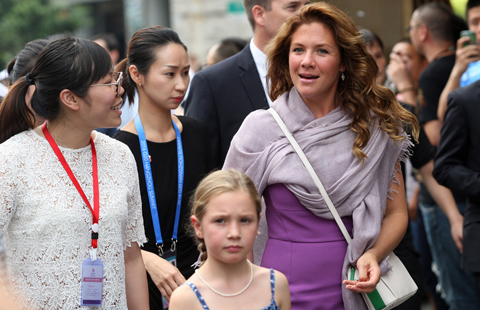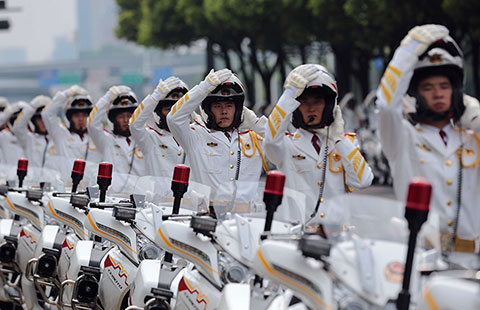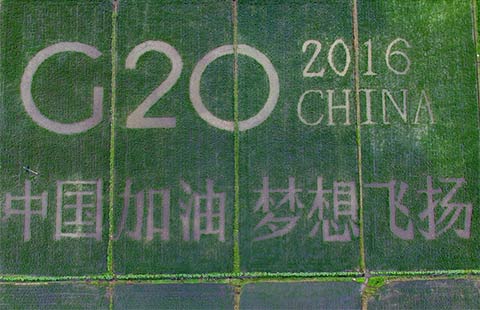Scholars, business leaders dissect Xi's speeches
(China Daily) Updated: 2016-09-06 08:10
 |
|
Fredrik Erixon, director of the European Centre for International Political Economy in Brussels. |
It's critical that world leaders act to revert the trend of creeping protectionism in the world economy. Trade and investment are two engines of growth, and with the slowing growth of trade and investment, there has been a direct effect on economic growth, which this year will surprise us on the negative side.
While many countries complain about protectionism and generously share their views about what other countries should do, it's now time for them to rein in protectionism at home and take action that will expand trade. While many leaders face electorates and opinions that are hostile to globalization, we need now, more than ever, leaders who can confidently explain the benefits of trade and an open world economy, and why protectionism is just going to cut growth and increase inequality.
China is instrumental in supporting an open world economy, both by keeping up its trade and investment and continuing to open up its economy.
The benefit of G20 meetings is to get world leaders to talk to each other, understand each other and get insights into how the political reaction functions work in other countries. It's important to show that world leaders are open to discussion, and China has done a good job inviting different stakeholders to G20 events.
But the yardstick for measuring the success of G20 activities is the degree in which leaders leave meetings with the sense that they understand other leaders better, and have been able to make other leaders understand them.
- 'Shared values' lay ground for new growth model
- China's tech giant Huawei supports startups in France
- China's Belt and Road Initiative to stimulate Asian, global economic growth: Bangladesh economist
- China continues to be largest tourist source market of Sri Lanka
- China's metro tech takes Iran onto faster track
- Argentine expert hails China's G20 agenda, efforts for action
- Dubai developers upbeat about easier visa rules for China
- High-income, no weekends: Post-90s property beauty's daily life

















